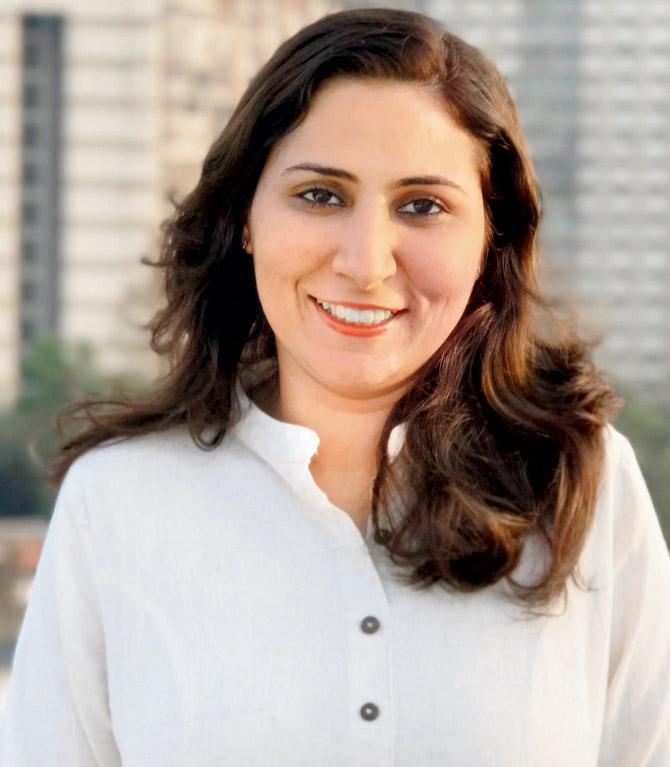In the tricky terrain of mental healthcare, Indian men between 30 and 49 years are on the shakiest ground. On the eve of World Mental Health Day, we ask why they are suffering

Two months ago, Mumbai woke up to the news of former Tata Motors GM Prashant Sibal's alleged suicide. According to the police, the 45-year-old had recently left his company under its VRS scheme and was battling depression since. From the outside, it would seem like Sibal was leading a life most can only dream of. He was married and had two children, was among the suits of his company, and lived in a swanky apartment complex in Parel. So, why the suffering? While the cops are investigating all angles and Sibal, in his suicide note, said nobody was to be held responsible for his death, statistics from the 2016 report of a survey conducted by Bengaluru's National Institute of Mental Health and Neursosciences (NIMHANS) might help join the dots.
ADVERTISEMENT

While one in 20 Indians suffer from depression, the prevalence of deaths resulting from mental illnesses is the highest in Indian metros when compared with rural and non-metro urban areas. Furthermore, productive age groups, or working populations of 30 to 49 years are the most affected. Within this bracket, men make for the biggest chunk of sufferers, evident in the highest mental morbidity rate among them.
We sought expert opinion to understand the alarming statistics and why men choose to grin and bear it.
While lifestyle and work environments have undergone drastic changes in recent years, the one factor that has remained constant in the words of clinical psychologist Sonali Gupta is the burden of masculinity. "Boys are brought up with the idea that men don't cry, which becomes an impediment to any attempt at addressing an emotional concern," says Gupta, who sees eight male clients in a week, while the number of women seeking therapy in a week is about 12.
"The belief that the man is the provider or nurturer is part of deep-rooted social conditioning that holds strong even today," she says. This prevents most men from considering taking a sabbatical from work. "Even if men come from financially comfortable backgrounds, any fluctuation in the work environment can cause tremendous stress. That's because adhering to the traditional definition of a provider plays a role in how they see themselves," she adds.
Consulting psychiatrist and author Dr Dayal Mirchandani discusses another consequence of traditional roles. "Many men have to take up jobs they may not like but are considered financially stable. Doing what you don't enjoy day in and day out can take a toll," he says.

Working conditions
Personal life involves tightrope-walking in the face of constant work-related intrusions. But what makes things worse is how aspirations are shaped by comparison-driven narratives flowing from social media.
Dr Mirchandani recounts the story of a client who couldn't deal with the barrage of holiday pictures on Facebook and decided to go off social media."There is a significant shift in what it means to be rich, and then showcasing it," shares Gupta, adding that she has seen a growing inclination among parents towards a foreign board of school education, mainly because that's what others in the same socio-economic bracket are considering. And this comes at a cost.
Apart from work-related stress that people across all age groups experience, there are certain challenges specific to those between 30 and 49 years. "After a certain point in their career, people experience what is called the ceiling effect. Words like over-qualified are being used for professionals with a sound skill set, and the need to reinvent oneself arises," explains Gupta. "Today, a 23-year-old could be making more money than a 40-year-old, and this could result in comparison and insecurity."
Dr Mirchandani points out that going on a holiday is not the same any more. "People are made to toil before they go on leave and after they are back. Sometimes, they have to attend to calls even during the holiday, which defeats the purpose of time out."
Jobs have no room for big life events, especially the death of a parent, which usually the 30 to 49 age group has to grapple with. "Earlier, people would be given a month or so of leave in such cases, but today you are expected to be back at work within 10 days. Where is the time to grieve?" asks Dr Mirchandani.

Sonali Gupta
The way forward
Leading up to the World Mental Health Day, Gupta threw open her Twitter handle to take questions on mental health last week. "Men had more queries than women. While some got their basics sorted about what therapy means, others sought suggestions for convincing their families to let them seek help," she says. Does this mean things are gradually changing? "Yes, maybe a little. But problems are getting more complicated, too," she replies. "We need to recognise that walking into a therapist's office is a sign of strength, not weakness."
 Subscribe today by clicking the link and stay updated with the latest news!" Click here!
Subscribe today by clicking the link and stay updated with the latest news!" Click here!






